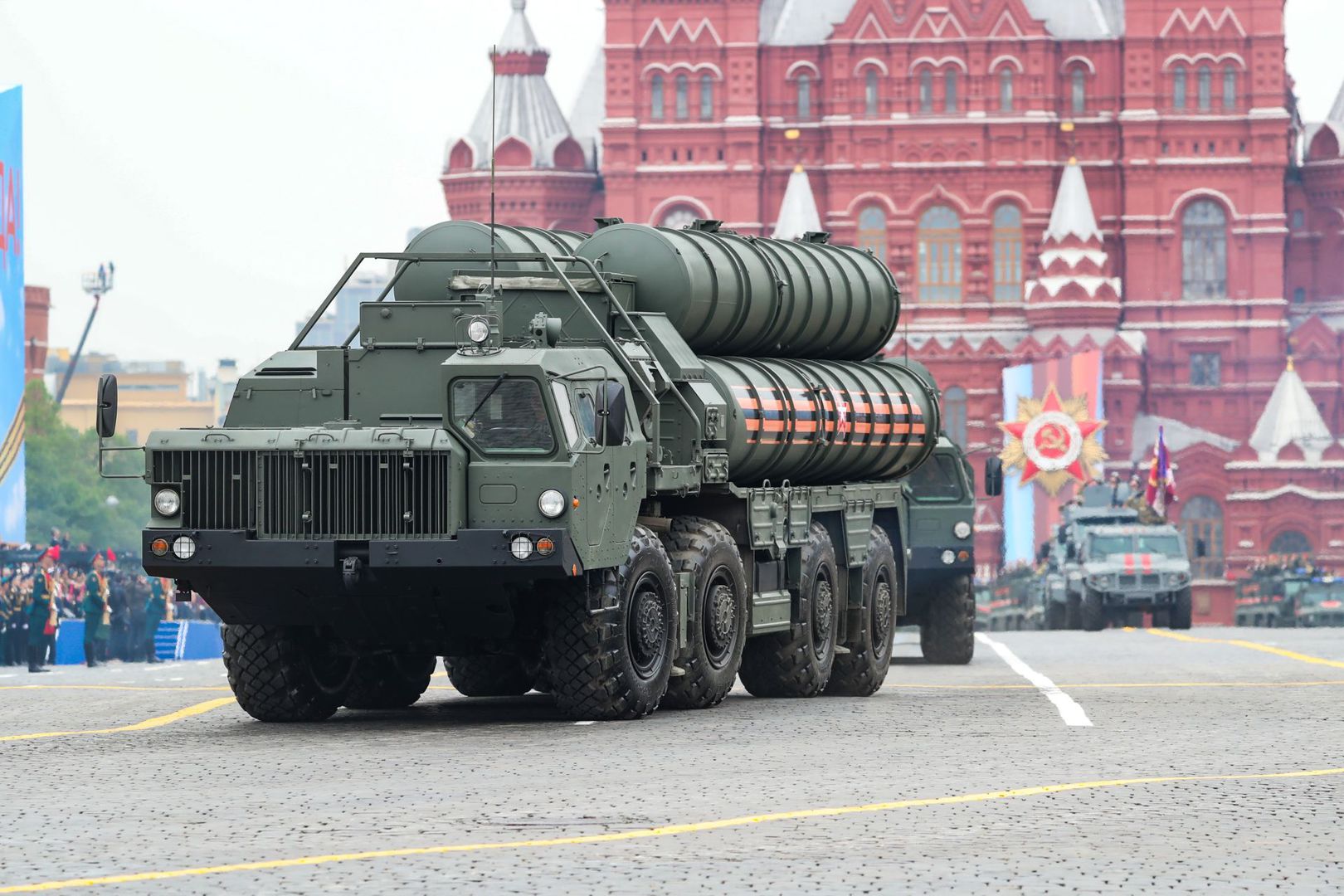NATO and key member Turkey have failed to find common ground over Russia’s controversial delivery of a S-400 air defence system to Ankara, the military alliance’s chief Jens Stoltenberg said Thursday.
The delivery of the system by Russia to Turkey, in a deal strongly backed by President Vladimir Putin and Turkish counterpart Recep Tayyip Erdogan, has deeply troubled Ankara’s NATO allies and raised the risk of US sanctions.
“So far it has not been possible to reach an agreement on that,” Stoltenberg said at the World Economic Forum (WEF) in Davos at a panel discussion alongside Turkish Foreign Minister Mevlut Cavusoglu, who had delivered a staunch defence of the deal.
“We will try to do whatever we can to find a way to solve these issues, as this is one of the issues that is causing problems within the alliance — there is no way to deny that,” he added.
Cavusoglu however had argued in front of Stoltenberg that Turkey had no choice but to buy the S-400 due to a dwindling presence of NATO air systems on its volatile borders, including the one with Syria.
“We have to ask ourselves do we need this system? — Yes, because of the threat around us. Were are able to get it from them (NATO allies)? — No, we had to buy,” he added.
“We believe they are not incompatible (with NATO systems). This is a defence system and it will not pose any threat to NATO allies,” he said.
He added that Turkey was proposing a “working group” chaired by NATO to resolve the issue.
Stoltenberg, who also emphasised that “we must understand the importance of Turkey as a NATO ally”, confirmed that Turkey had made such a proposal.
Turkey joined NATO in 1952 with strong US backing as the West sought to prevent Ankara falling under Moscow’s influence in the Cold War.
However its weapons purchase from Russia is seen as a turning point in the history of the alliance, which French President Emmanuel Macron controversially declared last year was “brain dead”.
Cavusoglu said that while Turkey had been cooperating with Russia in Syria: “We do not have any military engagement with Russia. Nobody can question our contribution to NATO.”











